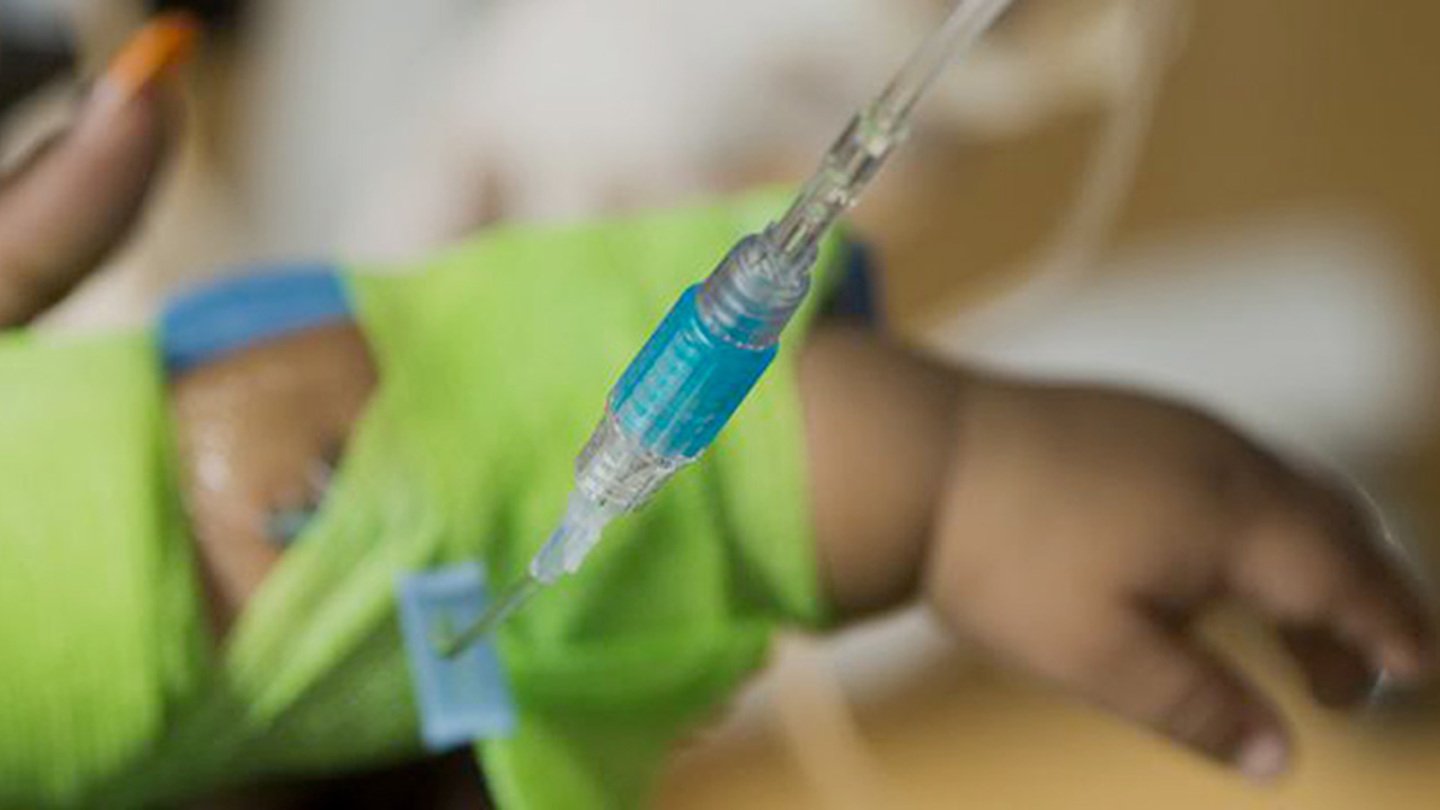- Doctors & Departments
-
Conditions & Advice
- Overview
- Conditions and Symptoms
- ¿Está enfermo su hijo?
- Parent Resources
- The Connection Journey
- Calma Un Bebé Que Llora
- Sports Articles
- Dosage Tables
- Baby Guide
-
Your Visit
- Overview
- Prepare for Your Visit
- Your Overnight Stay
- Send a Cheer Card
- Family and Patient Resources
- Patient Cost Estimate
- Insurance and Financial Resources
- Online Bill Pay
- Medical Records
- Política y procedimientos en el hospital
- Preguntamos Porque Nos Importa
-
Community
- Overview
- Addressing the Youth Mental Health Crisis
- Calendar of Events
- Child Health Advocacy
- Community Health
- Community Partners
- Corporate Relations
- Global Health
- Patient Advocacy
- Patient Stories
- Pediatric Affiliations
- Support Children’s Colorado
- Specialty Outreach Clinics
Your Support Matters
Upcoming Events
Colorado Hospitals Substance Exposed Newborn Quality Improvement Collaborative CHoSEN Conference (Hybrid)
lunes, 29 de abril de 2024The CHoSEN Collaborative is an effort to increase consistency in...
-
Research & Innovation
- Overview
- Pediatric Clinical Trials
- Q: Pediatric Health Advances
- Discoveries and Milestones
- Training and Internships
- Academic Affiliation
- Investigator Resources
- Funding Opportunities
- Center For Innovation
- Support Our Research
- Research Areas

It starts with a Q:
For the latest cutting-edge research, innovative collaborations and remarkable discoveries in child health, read stories from across all our areas of study in Q: Advances and Answers in Pediatric Health.



Our experienced Pediatric Polyposis Program team makes diagnoses and provides treatment for inherited pediatric polyposis syndromes. Much like hereditary cancer, polyposis syndromes are inherited diseases involving the development or presence of tissue growths called polyps.
Polyps mainly occur in the gastrointestinal (GI) tract, such as the stomach, small bowel or colon. Children affected by polyps, unfortunately, have an increased risk of cancer, benign tumors and other conditions throughout their lives.
About the Polyposis Program
If your child has an inherited condition with a predisposition to polyposis or other extra-intestinal manifestations, our multidisciplinary team can meet with you to plan a surveillance program to prevent or diagnose problems early. We use endoscopy, laboratory testing and radiology tests to monitor your child.
The Polyposis Program has providers from multiple disciplines available to see your child during a single appointment, based on their specific needs. During your visit, you can expect to meet with:
- A genetic counselor typically collects information about a child’s personal and family histories and discusses the possibilities of a hereditary risk for polyposis or digestive tract cancers. We also discuss the options, benefits and disadvantages of getting genetic testing to clarify risk. If families already know their hereditary risk, the genetic counselor helps the child and family understand the risk and its implications. They also help with adaptation to living with a hereditary risk.
- A gastroenterologist is a doctor who provides medical recommendations for GI care.
You may also meet with:
- A social worker helps with psychosocial issues that may arise when living with a polyposis risk.
- An oncologist (cancer doctor), an ophthalmologist (eye doctor) or other specialists may meet with your family as needed for health issues related to polyposis.
- Our surgical team includes ostomy specialists who provide education and support to children who may have an ostomy bag or need one due to colon removal surgery.
- Other specialists, as needed, for any other health issues related to polyposis.
Why choose us for polyposis care
At Children's Colorado, we have extensive experience in caring for kids with polyposis syndromes. The Polyposis Program is a unique multidisciplinary program focused on hereditary gastrointestinal syndromes in children.
We are skilled in advanced endoscopic techniques including video capsule endoscopy and single-balloon small bowel enteroscopy.
- Video capsule endoscopy uses a camera pill that takes a “movie” as it travels through the small bowel. It is a very good tool that is used to identify polyps beyond where the endoscope can go. If polyps are found, then the small bowel enteroscopy can be planned.
- Single-balloon small bowel enteroscopy is a procedure that is used to remove polyps from the middle of the small intestine, an area that can be hard to reach. A balloon is used to pull the bowel onto a special very long “scope.”
These leading-edge technologies are alternatives to surgery and allow us to take the best possible care of your child. In addition, our healthcare providers are national leaders in this field with published work about hereditary cancer and polyposis syndromes.
Who we treat at the Polyposis Program
We treat a variety of inherited pediatric polyposis syndromes. Examples of some of the conditions we treat include:
- Familial adenomatous polyposis is the most common polyposis syndrome, affecting 1 in 10,000 children. The classic and attenuated forms of FAP are caused by mutations (changes) in the APC (adenomatous polyposis coli) gene. A similar condition, called MUTYH-associated polyposis, is inherited in a recessive form and is caused by a mutation in the MUTYH (mutY homolog) gene.
- Juvenile polyposis syndrome is often caused by mutations in either the BMPR1A or SMAD4 gene. Mutations in these genes are the cause of nearly 40% of juvenile polyposis syndrome cases. Individuals with mutations in the BMPR1A or SMAD4 genes have an increased risk for developing a specific type of polyp, called juvenile. Although the name suggests otherwise, juvenile polyps can develop at any age and “juvenile” refers to the way the polyp looks under a microscope.
- PTEN hamartoma tumor syndrome is a group of disorders caused by mutations of the PTEN gene, a tumor suppressor gene. Alterations in this gene can cause hamartomas to form in different areas of the body, including the digestive tract. Hamartomas are benign (noncancerous) growths. Children with this syndrome are at increased risk for developing cancer.
- Peutz-Jegher syndrome (PJS) is caused by mutations in the STK11 gene, which is another tumor suppressor gene. Individuals with PJS have an increased risk of developing non-cancerous and cancerous tumors, including polyps and digestive tract cancers and mucocutaneous pigmentation, such as freckles in unusual places like the lips or fingers. One copy of the altered gene in each cell is enough to develop PJS. In over half of cases, it is inherited from an affected family member but in other cases, there are no affected family members and a new mutation is suspected.
- Lynch syndrome may be caused by mutations in MLH1, MSH2, MSH6 and PMS2 genes. Lynch syndrome is typically an adult onset condition. However, some children with Lynch syndrome may begin surveillance sooner than adulthood if they have a family history of very early onset cancer. Additionally, if a child inherits Lynch syndrome from both parents, they may have a condition called constitutional mismatch repair deficiency (CMMRD), which causes a significant increased risk for developing cancer in childhood. Cancer surveillance is recommended for children with CMMRD.
Common questions about inherited polyposis syndromes and hereditary diseases
What should I do if I think there is hereditary polyposis and/or cancer in our family?
With a genetics consultation through the Center for Cancer and Blood Disorders, you can investigate the possibility of hereditary polyposis and/or cancer in your family. By talking with a genetic counselor, you will learn how cancer can be inherited and what steps can be taken to prevent and detect cancer as early as possible.
Can hereditary diseases be prevented?
In some cases, prevention of hereditary cancer and other diseases like polyposis syndrome is possible. For example, we can help prevent polyps from developing into tumors by removing and managing them with a procedure called an endoscopy.
Contact the Pediatric Polyposis Program
For appointments at Anschutz Medical Campus or Colorado Springs, call 720-777-6598 or email polyposis@childrenscolorado.org.

Compassionate care, wherever you are
We’re here when you need us. Telehealth appointments are available across every specialty, so you can get the high-quality care we’ve always offered from the comfort, privacy and convenience of home.
See if telehealth is right for you



 720-777-0123
720-777-0123




